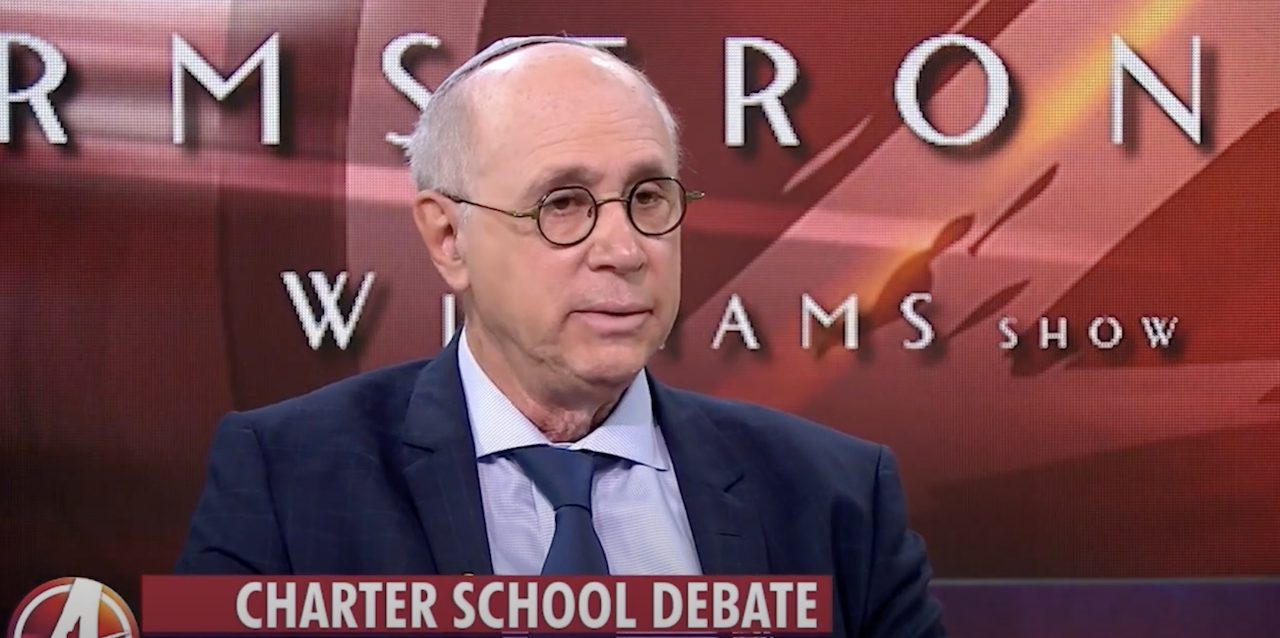Jewish Unity: A Call for Unity
Building projects, by their very nature must be extremely precise. The slightest error or miscalculation can result in a major catastrophe in any construction project. It is why engineering is such a demanding profession.
I once read that when an engineer builds a bridge, he must consider three loads that the bridge has to be able to bear: what is called the dead load, the live load, and the wind load. The dead load is the actual weight of the bridge, the live load is the weight of the traffic on the bridge, and the wind load is the pressure of the wind on the structure.
There is a story about an engineer who was a finalist for a position as chief executive officer of a large corporation. After a grueling series of interviews, the final question posed to him was – How much is two plus two? To come up with the exact answer, the engineer wanted to be precise and not to leave room for error. He approached the question as he would approach any problem. He measured. He calculated, and then when he was absolutely certain he gave his answer – 2 + 2 equals four. A lawyer was being interviewed for the same job. When the lawyer was asked, how much is 2 + 2, he answered – How much do you want it to be?
The engineer got the job.
With this week’s parasha, the descriptions spread over the past few weeks, of the precise detailed instructions given for constructing the mishkan, the Sanctuary, the place where God was to be worshipped is completed. These chapters read today and in previous weeks read like an engineer’s manual, as they contain elaborate details about the measurements, and what materials are to be used in the construction and the objects that are to go into the Mishkan. We read about the gold, the silver, the acacia wood as well as all of the specific objects to go inside – the altar, the menorah, the table for the show bread, and so on.
But the truth is – as we learn from the message of the opening words of this week’s Torah portion, the building of a House of God requires more than all of these objects and the materials described in the passages about the mishkan. It necessitates more than precision. It demands more than getting everything right. There is one other essential ingredient.
The opening verse of this week’s Torah portion is – “Vayakhel Moshe – And Moses gathered the entire congregation of the Children of Israel…” and then it goes on to say, “to hear God’s command.” Our commentators tell us, that Moses gathered all the people in order to place within them a sense of unity and camaraderie. Rabbi Yitzhak Yaakov Reines jumps to the end of the verse and explains –“eleh dvarim asher tziva HaShem – ‘this is what God commanded’; that this is what God commanded. The primary role and fundamental purpose – the aleph and the tav of Torah is the unity of the people!
Or Penei Moshe elaborates – The fundamental ingredient necessary to build the Mishkan, he tells us, is exemplified by the opening word of the parasha – Vayakhel – to gather, to come together, to be a community, to be a people who are united and are one. This is the essential ingredient. Without this, the Temple will not stand, for he goes on to point out and remind us that the reason the Temple was destroyed was because of the opposite traits – sinat hinam, senseless hatred, division and makhlokhet, arguments and disputes among the people.
I am worried, and troubled, by the tears that we are witnessing in Israel and in Israeli society today.
I wrote in a column published in the Times of Israel, that the most important response of those of us living outside of Israel is to encourage both sides, or whichever side we agree with, to end the stalemate, come to the negotiating table and find a workable compromise.
I shared this message and teaching, about the importance of unity as conveyed in the opening words of the Torah portion this past week with several key, influential decision-makers and leaders in positions of power in Israel.
The office of Isaac Herzog, the President of Israel received my column and wrote to me, in part “מקרב לב – הנשיא ביקש להביע את הערכתו על עצם הפנייה, ולמסור את תודתו”. The President asked that we express to you his deep appreciation and sincere gratitude to you.”
We have seen and read about the mass demonstrations protesting the excess of the judicial reform, which itself is meant to be a corrective to the excess of the pendulum which had swung too far in the opposite direction. With calls to reservists to defy orders to report for training, with demonstrations and picketing going on outside the home of Yariv Levin, the Minister of Justice, who is the main proponent of the reform while he is sitting shiva for his father, yes, while he is mourning the death of his father, with calls to harm the economic system, to leave the country, to pressure American politicians to interfere in the debate, and so much more, I cannot help but feel that things have gotten out of hand.
Israel is grappling with serious issues, many of which have deep historical roots which most of us are not aware of — including the question of which branch of government should wield power – the democratically elected Knesset or the Supreme Court. What checks and balances, and protections will there be for minority rights?
But it is even deeper than this. Make no mistake about it – the issue is far more complex than a dispute over the judicial system. It reflects deep fissures within Israeli society, between the haredim and the hiloniim (Ultra-Orthodox and secularists), elite Ashkenazim and mizrahim, the left and the right and other issues not familiar to most of us living outside of Israel.
No wonder we used to say – If Israel’s enemies were smart, they would stop attacking us and let us attack each other.
And just to be clear, I believe what the government is trying to do is excessive and the way they are responding is not helping the situation. There is a saying in the Talmud – “Tafasta merubah, lo tafasta: When you try to grab too much, you wind up with nothing.”
I opened by speaking about the various loads that must be taken into consideration when a bridge is being built. Let us help to build that bridge and not add to the load and external forces weighing on it.
To paraphrase, the Divre Yisrael commentary on this week’s reading: When building a sacred structure, we are told VaYakahel Moshe: Moses gathered the people together because he realized that the first thing he needed to do was to unite the people.
I concluded my column with words consistent with the message of this week’s Torah reading and suggest to all concerned about the current crisis that, “We can best help Israel’s democracy by ensuring that opposition to policies of the new government not become opposition to Israel, that our commitment not be conditional, and that our reactions not lead to distancing from Israel or diminished support for it.”
Rabbi Stuart Weinblatt
Congregation B’nai Tzedek
March 18, 2023





